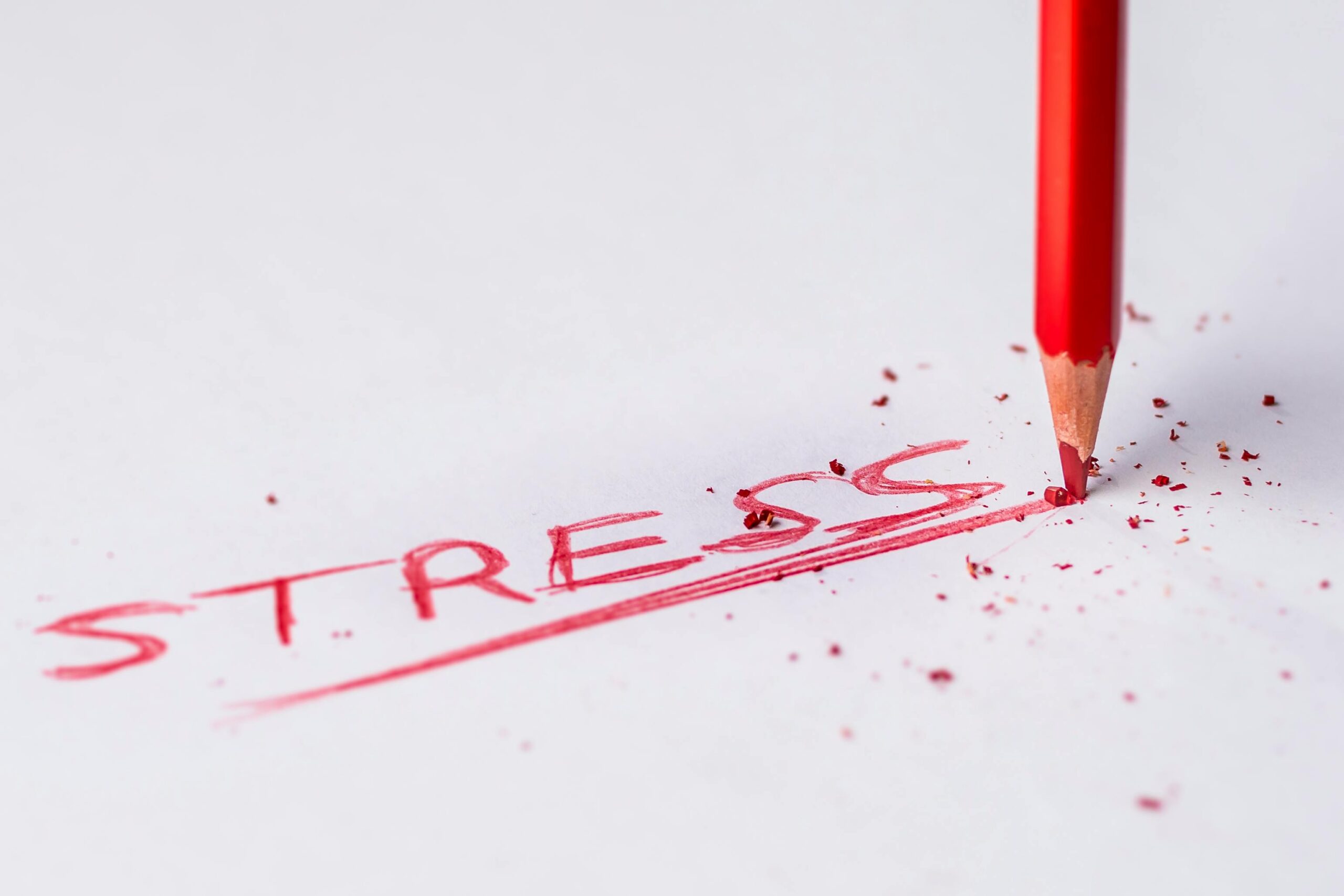Stress Management: Effective Strategies for Managing Stress
In today’s fast-paced world, stress has become an almost unavoidable part of life. Whether it’s due to work, relationships, financial pressures, or other factors, everyone experiences stress at some point. While some stress can be motivating, chronic stress can have detrimental effects on both physical and mental health. Therefore, effective stress management is crucial for maintaining overall well-being. In this article, we will explore various strategies and techniques that can help you manage and reduce stress.
Understanding Stress and Its Impact
Stress is the body’s natural response to challenges or demands. It can be triggered by both positive and negative events, ranging from starting a new job to dealing with an illness. The body’s reaction to stress, known as the “fight-or-flight” response, involves the release of stress hormones like cortisol and adrenaline. While this response can be beneficial in short bursts, chronic stress can lead to a host of health issues, including anxiety, depression, cardiovascular diseases, and weakened immune function.
Effective Stress Management Strategies
1. Identify Stressors: The first step in stress management is identifying the sources of stress in your life. This may involve keeping a stress journal to track your stress triggers and responses. Understanding what causes your stress can help you develop strategies to manage it more effectively.
2. Practice Mindfulness and Meditation: Mindfulness techniques, such as meditation, can help you focus on the present moment and reduce anxiety about the future. By practicing mindfulness, you can develop a greater awareness of your thoughts and feelings, allowing you to respond to stressors more calmly. Mindfulness meditation has been shown to reduce stress levels and improve overall mental health.
3. Exercise Regularly: Physical activity is one of the most effective stress management techniques. Exercise helps release endorphins, the body’s natural stress relievers. Whether it’s a brisk walk, a yoga session, or a more intense workout, regular exercise can help you manage stress and improve your mood.
4. Maintain a Healthy Diet: A balanced diet plays a crucial role in stress management. Eating a variety of nutritious foods, including fruits, vegetables, lean proteins, and whole grains, can support your overall well-being and help you cope with stress. Avoid excessive caffeine, sugar, and processed foods, as they can exacerbate stress and anxiety.
5. Get Enough Sleep: Lack of sleep can significantly impact your ability to manage stress. Aim for 7-9 hours of quality sleep each night to help your body and mind recover from the day’s stressors. Establishing a regular sleep routine and creating a calming bedtime environment can improve your sleep quality.
6. Practice Deep Breathing and Relaxation Techniques: Deep breathing exercises can help activate the body’s relaxation response, reducing stress and promoting a sense of calm. Techniques such as progressive muscle relaxation and guided imagery can also be effective in relieving stress.
7. Time Management and Prioritization: Poor time management can contribute to stress. Learn to prioritize tasks, set realistic goals, and delegate responsibilities when possible. Breaking tasks into manageable steps can help you feel more in control and reduce stress.
8. Social Support: Connecting with friends, family, and support groups can provide emotional support and help you manage stress. Talking about your feelings and experiences with others can offer new perspectives and alleviate feelings of isolation.
9. Engage in Hobbies and Leisure Activities: Taking time for activities you enjoy can be a powerful stress reliever. Whether it’s reading, gardening, painting, or playing a musical instrument, engaging in hobbies can help you relax and recharge.
10. Seek Professional Help: If you’re struggling to manage stress on your own, consider seeking help from a therapist or counselor. Professional guidance can provide you with additional strategies and support for coping with stress. Find an online therapist to explore therapy options that suit your needs.
Conclusion: Embracing a Balanced Approach to Stress Management
Effective stress management is essential for maintaining both physical and mental health. By incorporating these strategies into your daily routine, you can better manage stress and improve your overall well-being. Remember, managing stress is an ongoing process, and it’s important to find the techniques that work best for you.
For more information on stress management and its benefits, refer to this source and this source. By taking proactive steps to manage stress, you can lead a healthier, more balanced life.
Must Read News
The Benefits of Couples Therapy
The Benefits of Couples Therapy: Strengthening Relationships Through Communication and Understanding Maintaining a healthy and [...]
5 Ways to Know If You or a Loved One Need Therapy
5 Ways to Know If You or a Loved One Need Therapy In today’s world, [...]
Talk Therapy: What It Is and How It Helps
Talk Therapy: What It Is and How It Helps Talk therapy, also known as psychotherapy, [...]
Group Therapy Near Me: The Power of Collective Healing
Group Therapy Near Me: The Power of Collective Healing Group therapy is an increasingly popular [...]
What is Cognitive Behavioral Therapy
What is Cognitive Behavioral Therapy? Cognitive Behavioral Therapy (CBT) is a widely recognized and evidence-based [...]
The Value of Teletherapy vs. Face-to-Face Therapy: Choosing the Right Fit for You
The Value of Teletherapy vs. Face-to-Face Therapy: Choosing the Right Fit for You The landscape [...]
Our Method
We use a combination of consumer reviews and overall scores from multiple online platforms such as Forbes, Trustpilot, Google, Indeed, Glassdoor, and others to form an overall composite score that shows how well a company not only treats its customers but how they treat their employees as well. Our multiplatform composite score prevents companies from gaming one review-generating platform or another for good scores. We believe this method provides the best overall social proofing.

